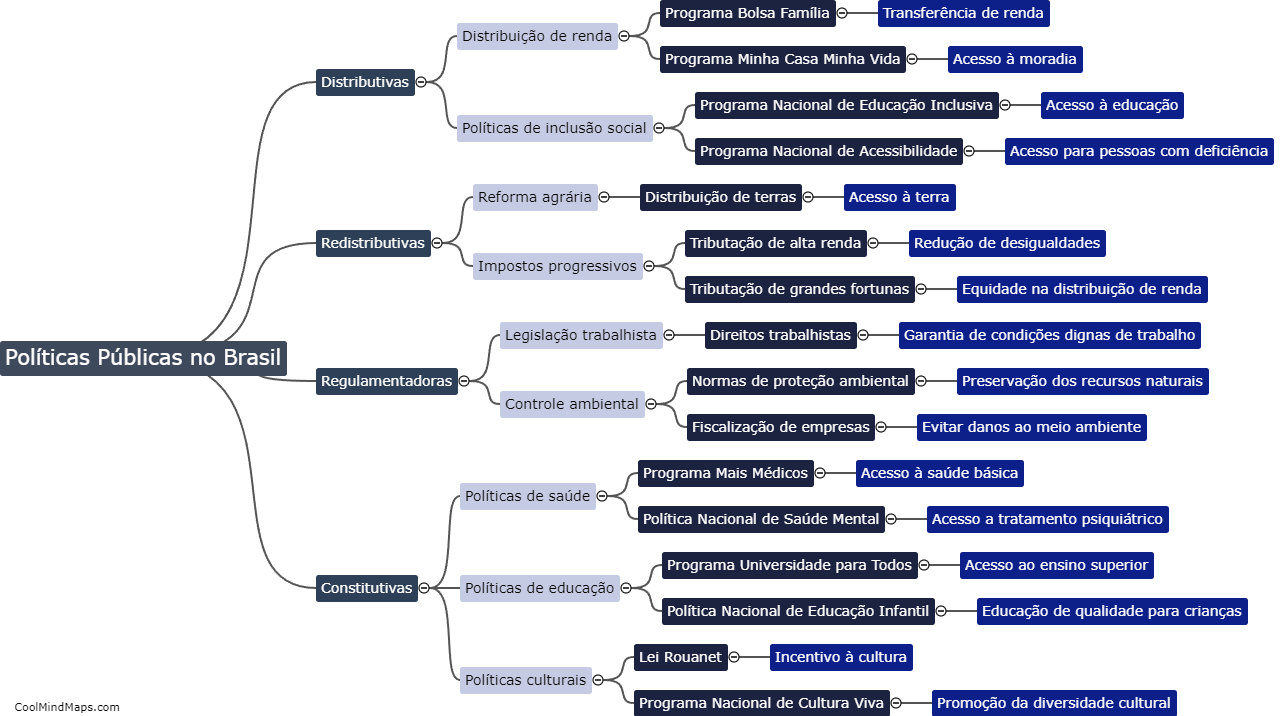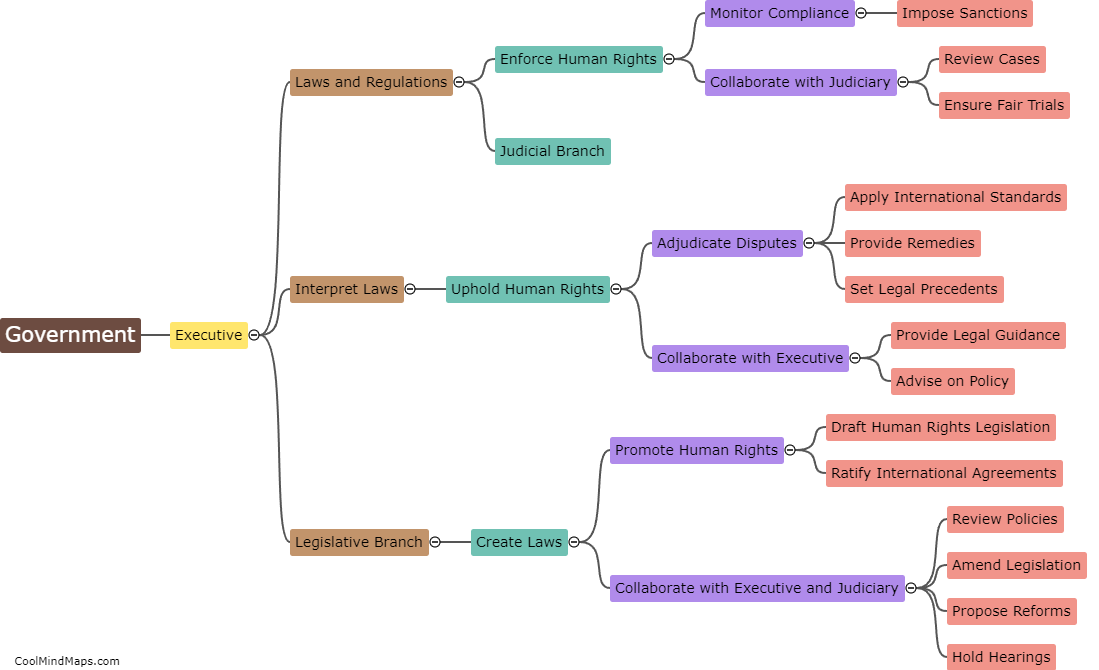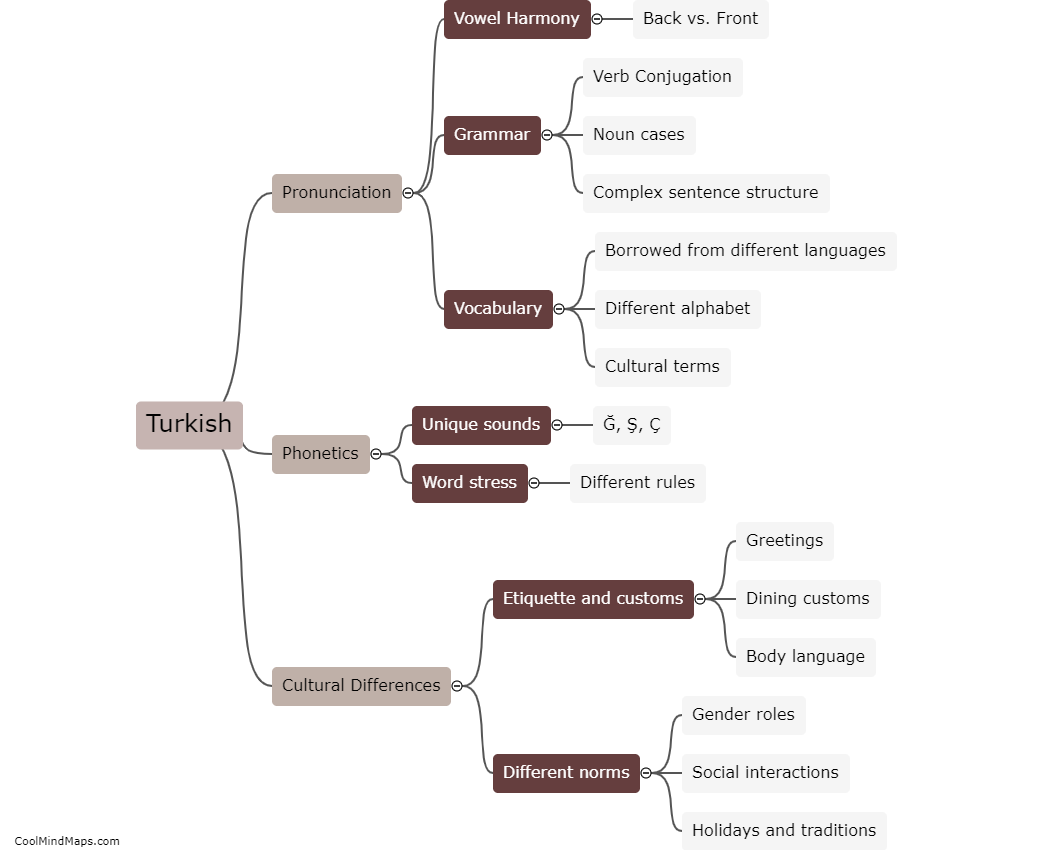How can human rights policies be effectively institutionalized in Brazil?
To effectively institutionalize human rights policies in Brazil, several key steps must be taken. Firstly, it is crucial to prioritize strengthening and empowering national human rights institutions, such as the National Human Rights Council and the National Human Rights Committee. These institutions should be adequately funded, staffed with experienced professionals, and given independence to carry out their mandates. Additionally, comprehensive awareness and education programs should be implemented to ensure that people from all walks of life understand their human rights and are equipped to claim them. This requires collaboration between government entities, civil society organizations, and educational institutions. Furthermore, legislative reforms should be introduced to align national laws with international human rights standards and ensure effective implementation and enforcement mechanisms. Finally, international cooperation and knowledge sharing can be valuable in promoting best practices and lessons learned from other countries that have successfully institutionalized human rights policies.

This mind map was published on 7 February 2024 and has been viewed 117 times.











